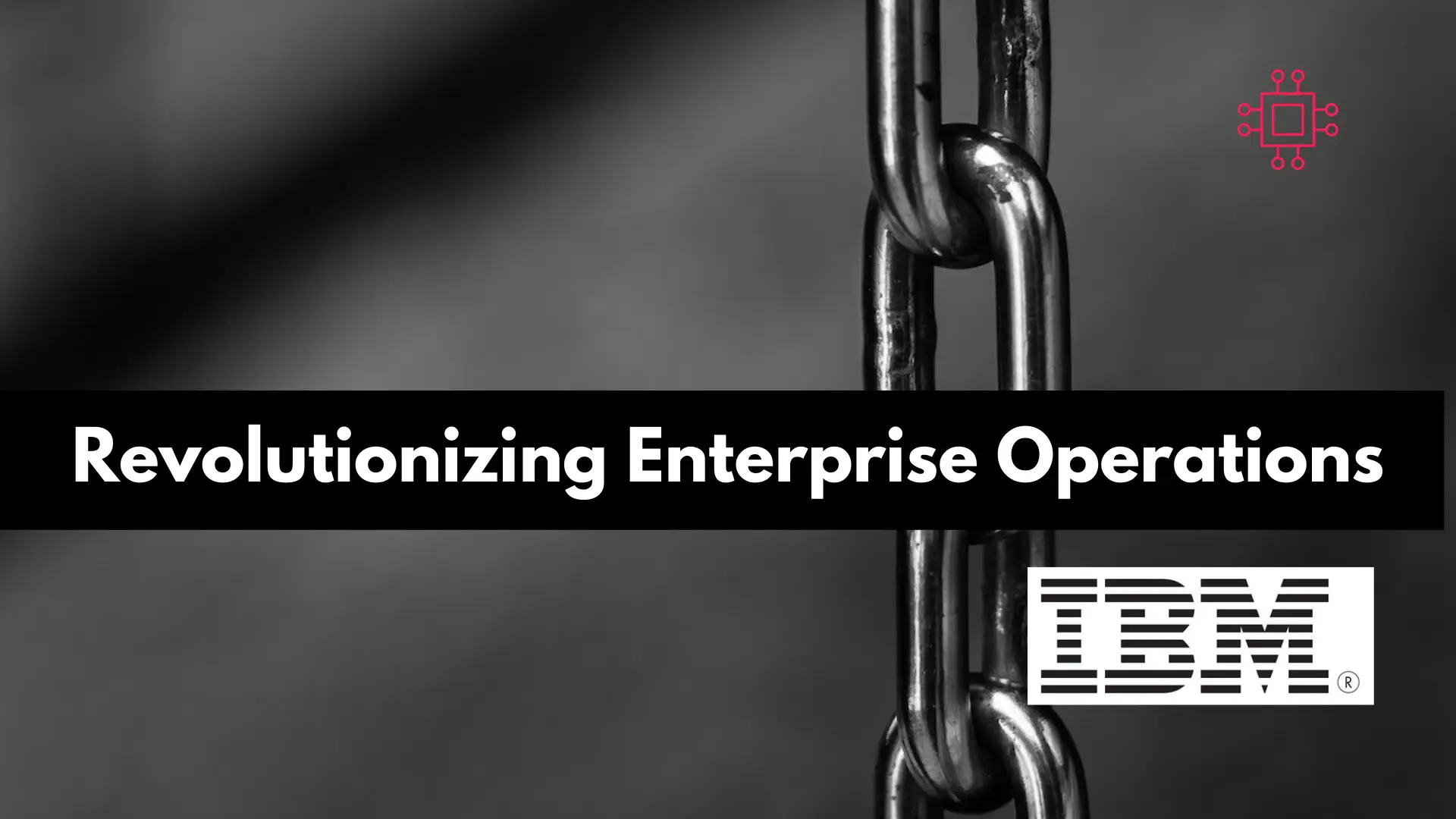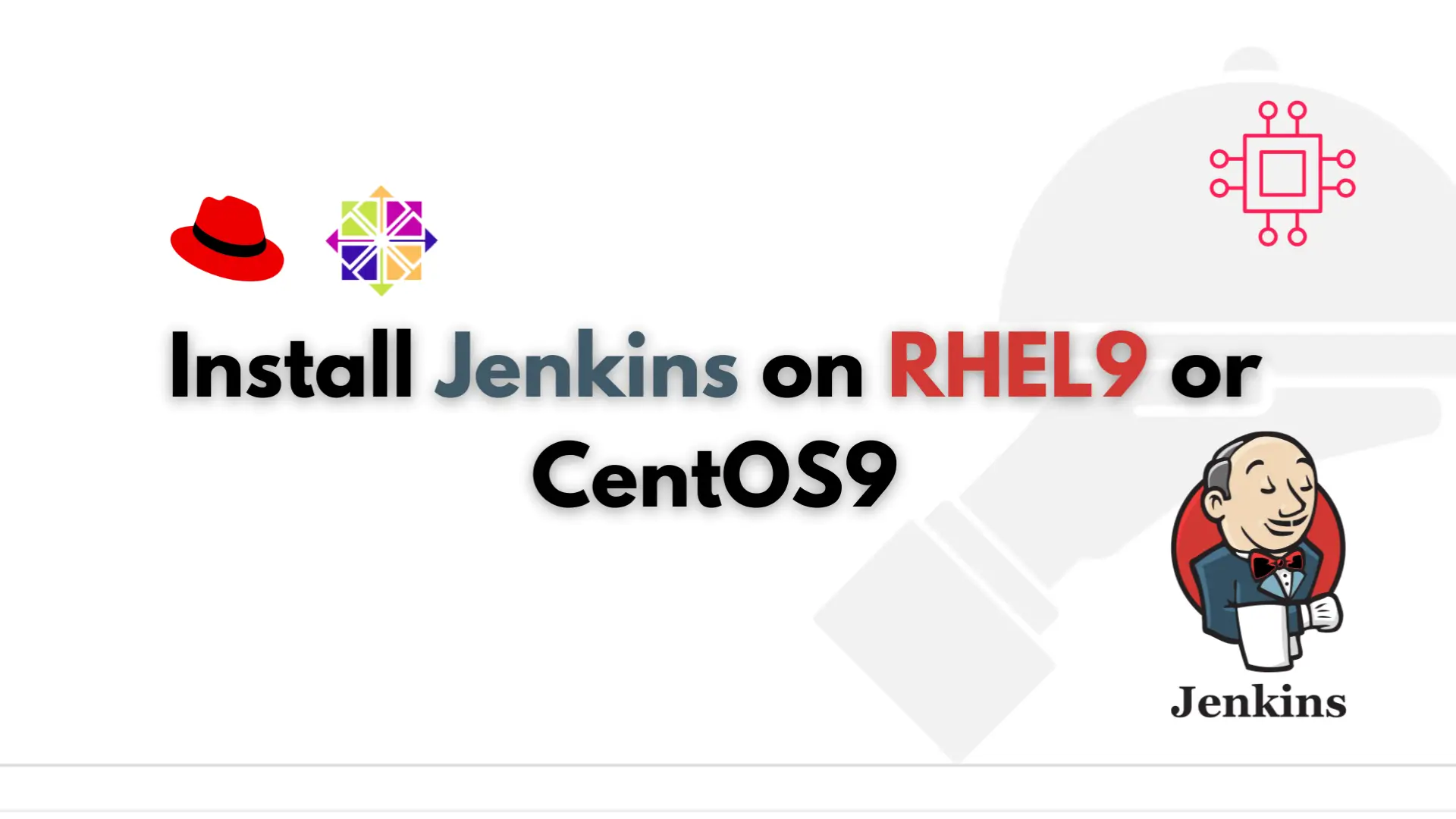
In this article, we will review 10 common misconceptions about the blockchain. A blockchain is a decentralized, distributed and public digital ledger that is used

IBM, with the help of the blockchain, is revolutionizing enterprise operations by improving efficiency and transparency. Blockchain technology provides a secure, transparent, and tamper-proof way to record transactions, which can help to reduce costs, improve efficiency, and increase trust in enterprise operations.
IBM is a leading technology company that has been at the forefront of the blockchain revolution in the enterprise space. Its involvement with blockchain has been instrumental in promoting the adoption of this technology across various industries. This article will examine IBM’s role in the development of blockchain technology, how it is using this technology to revolutionize enterprise operations, and its plans for the future.

Image by Karolina Grabowska from Pexels
IBM has been involved with blockchain since its early days. In 2015, IBM launched its blockchain-as-a-service offering, which was designed to help enterprises test and implement blockchain solutions. Since then, IBM has been at the forefront of blockchain development, working on a range of projects that have helped to promote the adoption of this technology across various industries.
IBM is using blockchain to develop a range of enterprise solutions, including supply chain management, trade finance, and digital identity management.
One example of IBM’s work in this area is its partnership with Walmart to develop a blockchain-based supply chain management system. The system, which is built on IBM’s blockchain platform, provides a secure and transparent way for Walmart to track the origin of its products, ensuring that they meet the company’s high ethical and sustainability standards. This has helped to improve the efficiency and transparency of Walmart’s supply chain, while also providing customers with greater visibility into the products they purchase.
IBM’s involvement with blockchain is based on a range of hardware and software technologies that make the blockchain possible. IBM’s blockchain platform is built on Hyperledger Fabric, an open-source blockchain framework that provides the foundation for building enterprise-grade blockchain solutions. IBM has also developed a range of tools and services that help enterprises to design, develop, and deploy blockchain solutions, including the IBM Blockchain Platform, IBM Blockchain Starter Plan, and IBM Blockchain Platform for Multicloud.
In addition to this, IBM has been involved in the development of various blockchain-related technologies, including smart contracts, cryptographic algorithms, and consensus algorithms. These technologies are critical to the functioning of the blockchain and have helped to make it more secure and transparent.
According to a recent report by MarketsandMarkets, the global blockchain market is expected to grow from $3 billion in 2020 to $39.7 billion by 2025, with a compound annual growth rate (CAGR) of 67.3%. This growth is being driven by the increasing adoption of blockchain across various industries, including finance, healthcare, and supply chain management.
IBM has been a major player in the blockchain market, with a range of high-profile partnerships and projects. In 2020, IBM was ranked as the world’s leading blockchain company by Juniper Research, based on factors such as market position, reputation, and innovation.
IBM plans to maintain its involvement with blockchain and the enterprise sector by continuing to develop new blockchain-based solutions and expanding its range of services. The company is investing heavily in blockchain research and development, with a particular focus on areas such as sustainability, supply chain management, and digital identity.
How is IBM using blockchain to boost efficiency and transparency, while revolutionizing enterprise operations overall?
IBM has recognized the potential of blockchain technology and has been exploring its use in various industries, including supply chain management, finance, and healthcare. One of IBM’s most significant contributions to blockchain technology is the Hyperledger Fabric framework, an open-source blockchain solution aimed at businesses. The platform offers various features, including privacy, scalability, and security, which are essential to enterprise applications.
IBM is using blockchain to boost efficiency and transparency in many ways. One example is IBM’s blockchain-powered platform, TradeLens, designed to improve global trade processes. The platform uses blockchain technology to provide end-to-end visibility and transparency in the supply chain. TradeLens can track shipments, notify stakeholders of any disruptions, and automate paperwork processes, reducing the need for intermediaries and manual processes. By streamlining the supply chain, TradeLens can reduce shipping times and costs, resulting in increased efficiency and cost savings.
Another example is IBM’s blockchain-based solution, Food Trust, which aims to improve food safety and quality. Food Trust provides end-to-end traceability of food products, enabling retailers and consumers to verify the origin of products, confirm their quality, and detect any contamination or adulteration. The platform can also help food producers and suppliers comply with regulations and standards, reducing the risk of product recalls and reputational damage. By improving the safety and quality of food products, Food Trust can also boost consumer confidence in the food industry.
IBM is also using blockchain to revolutionize enterprise operations overall. By implementing blockchain technology in various industries, IBM is helping companies transform their business processes, reduce costs, and increase revenue. For example, blockchain can help financial institutions improve their fraud detection and prevention, reduce the time and cost of cross-border payments, and improve regulatory compliance. In healthcare, blockchain can help improve patient data management, streamline clinical trials, and secure patient data.
What are some of IBM’s technologies (hardware and software) that make the blockchain possible?
IBM is leveraging a range of hardware and software technologies to make blockchain possible. At the hardware level, IBM is using its z14 mainframe to provide robust security and performance for blockchain applications. The z14 has an advanced cryptography engine that can encrypt data up to 18 times faster than x86-based systems. The mainframe’s hardware partitioning capabilities can also help ensure the isolation of blockchain workloads, enhancing security.
At the software level, IBM is using its IBM Blockchain Platform, which is based on Hyperledger Fabric, to provide a comprehensive set of tools for building, operating, and scaling blockchain networks. The platform includes a set of development tools, including SDKs and APIs, which can help developers create and deploy blockchain applications quickly. IBM Blockchain Platform also includes a set of tools for managing and monitoring blockchain networks, including network topology, performance, and security.
According to a study by Juniper Research, the global spending on blockchain solutions is expected to grow from $2.7 billion in 2020 to $139 billion in 2024, representing an annual growth rate of 50%. The study also found that the majority of blockchain spending will be on professional services, such as consulting and systems integration. Other industries expected to see significant blockchain spending include banking, discrete manufacturing, process manufacturing, and professional services.
IBM has also conducted its research on the potential impact of blockchain technology. According to a study by IBM Institute for Business Value, blockchain has the potential to transform supply chain management by improving transparency, traceability, and efficiency. The study found that blockchain can reduce supply chain costs by up to 10% and increase revenue by up to 5%.
Additionally, IBM has developed a Blockchain Platform that allows users to build and deploy blockchain-based solutions quickly and easily. The platform provides developers with a variety of tools, including pre-built network components, smart contract templates, and security-rich and tamper-resistant infrastructure. The platform has a modular architecture, which means that developers can pick and choose the components they need, depending on the requirements of their solution. This level of flexibility has been a significant selling point for the IBM Blockchain Platform.
According to a study by IBM and the National Retail Federation, the adoption of blockchain technology by retailers will increase over the next few years, with 108 million consumers expected to shop in blockchain-enabled stores by 2025. Furthermore, a separate study by the Global Blockchain Business Council found that 40% of institutional investors believe that blockchain technology will be the most important technological innovation since the internet.
Going forward, IBM has expressed its commitment to blockchain technology and the enterprise sector. The company has formed partnerships with other industry leaders, such as Maersk, Walmart, and Nestle, to develop blockchain-based supply chain solutions. IBM is also continuing to expand its blockchain offerings and services, as well as investing in research and development to explore new use cases for the technology.
Another study by IBM Institute for Business Value found that blockchain can help banks reduce the cost of cross-border payments by 30% to 50%. The study also revealed that blockchain can improve transaction processing times from days to seconds, leading to significant improvements in operational efficiency. IBM has been working with various financial institutions to develop blockchain-based solutions for cross-border payments, with one example being the creation of the World Wire payment network. The network uses blockchain technology to provide real-time settlement and reduced fees for cross-border payments. The success of the World Wire payment network has demonstrated the potential for blockchain to revolutionize the traditional cross-border payments system, making it faster, cheaper, and more secure.
In conclusion, IBM’s involvement with blockchain technology in the enterprise space has been significant, with the company playing a pivotal role in the development and adoption of blockchain-based solutions. IBM’s blockchain initiatives have focused on improving efficiency, transparency, and security in various industries, such as supply chain, finance, and healthcare. Through its various partnerships, platforms, and solutions, IBM has demonstrated its commitment to blockchain technology and the future of enterprise operations.
Was this article helpful to you? If so, leave us a comment below. We’d love to hear from you.
Related Posts

In this article, we will review 10 common misconceptions about the blockchain. A blockchain is a decentralized, distributed and public digital ledger that is used

Are you tired of manually building, testing, and deploying your software? Learn how to install Jenkins on RHEL9 or CentOS9 and automate your software development

Troubleshooting made easy: Learn fixes and solutions for common Docker errors in this comprehensive guide. Enhance your container management skills and ensure seamless deployments. Table
